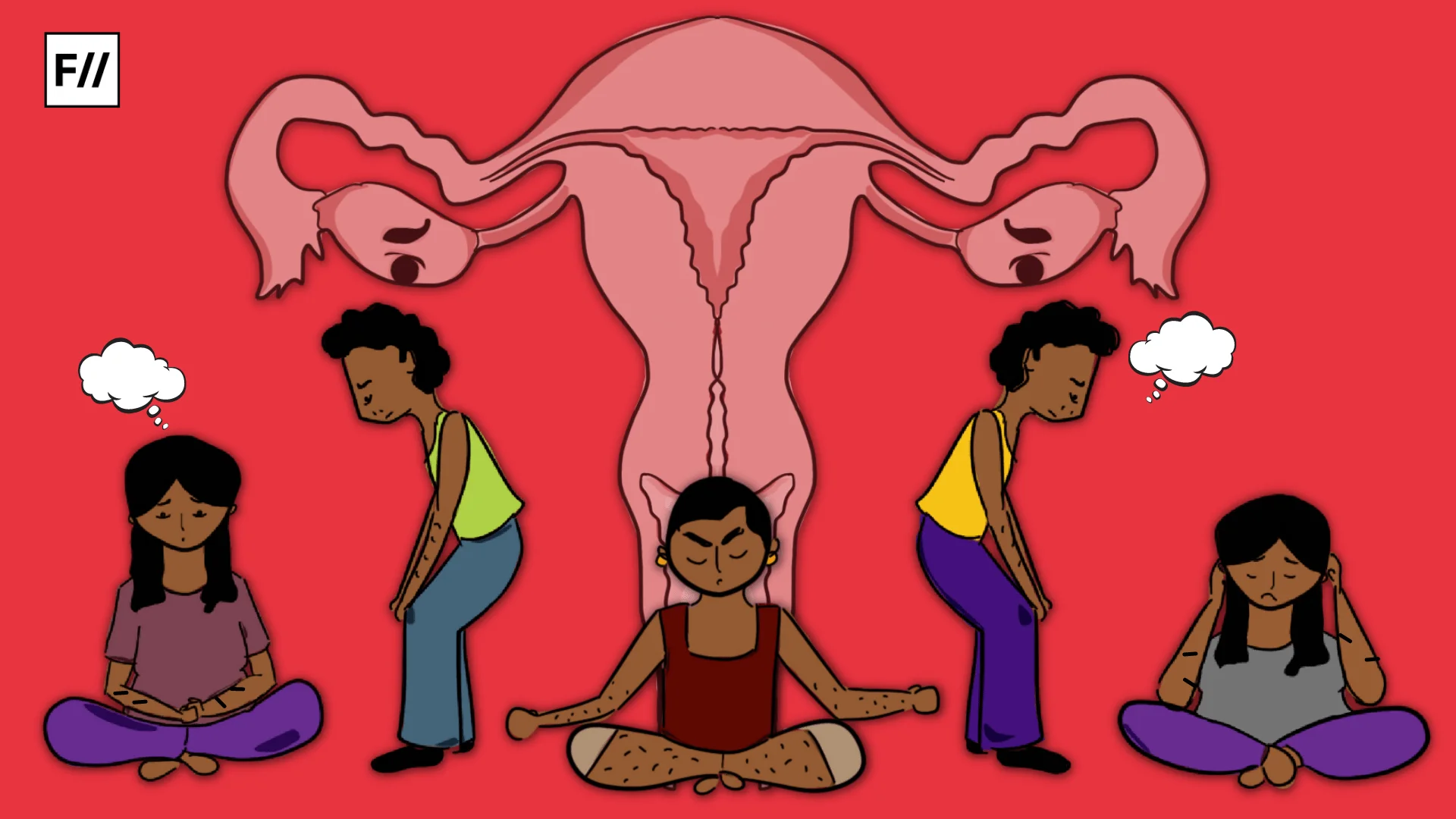Self-managed abortion means taking care of one’s procedure of medical abortion without the help of any healthcare worker or any other specialist in the domain of medicine. Emerging surveys suggest that abortion outside the medical context is an overall safe and effective way to end a pregnancy. Self-managed abortion (SMA) is the safest if the individual has precise information and if medical care is available when necessary. It has come to be preferred by most women as it ensures privacy, confidentiality and increases the autonomy of women. Self-managed abortions have opened up a new dimension in front of individuals who explicitly belong to low-income families, as they can be easily accessible and helpful in low-resource settings.
Though it is considered justified in the eyes of the law, the stigma attached to it is still prevalent in society.
There have been several issues pertaining to accessing self-managed abortions like logistic barriers, inaccessibility and unavailability, the stigma attached to the same plays the most important role in restricting the practice. This is due to several reasons.
There have been several issues pertaining to accessing self-managed abortion like logistic barriers, inaccessibility and unavailability, the stigma attached to the same plays the most important role in restricting the practice. This is due to several reasons.
Also read: What Are Self-managed Abortions?
Physical Risk
Women in India have always faced a stigma related to abortion due to the prevailing socio-cultural norms at practice in society. They don’t always have enough access to the resources associated with abortion and are mostly unaware of the legal situation of the same. But concerning the concept of self-managed abortion, the stigma is greater as it is often considered to be extremely ‘harmful’ or ‘risky’ in nature.
Medical experts from the field often report experiences where women reach health service providers with issues related to self-managed abortion such as incomplete abortion, excessive bleeding, etc. But they also are of the opinion that complications around self-managed abortion are not as critical now as it was before. Experts believe the pratice of self-managed medical abortion to be an extremely safe method with very minimum side effects, the efficacy and safety of which has been established by both research as well as practitioners. Though this practice is considered to be safe by the medical practitioners, individuals going through the process still seem to be extremely scared as they would be undergoing the experience entirely on their own, without any supervision of a specialist physically.
Religion
Stigma regarding self-managed abortion can manifest itself in different ways. As certain religious institutions don’t approve of the entire concept of abortion, let alone self-managed abortion, individuals belonging to these households have a stigma attached to the experience of abortion. As their religion prohibits abortion, they become hesitant regarding using abortion techniques on their own. As the experience itself brings a lot of shame with the process, they try to hide their experiences of the same.
Lack of awareness
There is very scarce knowledge and awareness regarding self-managed abortion. Individuals are not, in most cases, very well equipped with information and hence feel scared to engage in the process of self-managed abortion. People often tend to already have pre-existing prejudices regarding self-managed abortions and have misunderstandings regarding the entire process.
But this knowledge gap has been addressed by howtouseabortionpill.org with accurate evidence-based information. They share detailed videos explaining abortion choices, how to use abortion pills safely, impact of the same on the body and all related important information. The videos communicate information in very simple language and that is accessible and can reach a large number of individuals. These are instrumental in helping people understand the details of abortion and would support them in making an informed choice regarding the same.

Also read: It Is Time Media Got Abortion Reporting Right
Patriarchal norms
In a patriarchal social order, as discussions related to these issues are not encouraged, people don’t understand the same and often tend to be afraid of the same. The taboos of pre-marital sex or pregnancy can make it difficult for young or unmarried women to access safe abortions, in particular. A study in Bihar and Jharkhand found that unmarried young women were more likely than married young women to face barriers to prompt abortion care and make abortion confidential decisions a priority. Also, as motherhood is glorified in the Indian context, most women fear that if they go through abortion once, they won’t be able to conceive later in their life. This irrational fear restricts them from undergoing safe abortion. But World Health Organization states that abortion doesn’t have any effect on the ability to have children in the future. Hence, if information is disseminated properly and made accessible to the larger population in the process, it would lead to them making informed decisions instead of those determined by preconceived notions.
Also, as motherhood is glorified in the Indian context, most women fear that if they go through abortion once, they won’t be able to conceive later in their life. This irrational fear restricts them from undergoing safe abortion. But World Health Organization states that abortion doesn’t have any effect on the ability to have children in the future. Hence, if information is disseminated properly and made accessible to the larger population in the process, it would lead to them making informed decisions instead of those determined by preconceived notions.
Taboos
As there exists a taboo among women in India to go to the medicine shop and buy the pill required for self-managed abortion, in most cases, they have to depend on their male friends or partners for the same. For instance, there have been reported cases of a shadow ban on emergency contraception in Chennai until recently. Even if a prescription is provided, the pharmacists would reportedly hesitate to sell emergency contraceptive pills and often lie about their availability in the stores in what was an extension of the society moral policing and restricting the sexual and reproductive autonomy of women.
Conclusion
The steady increased use of medication abortion (MA), misoprostol and mifepristone, has enabled safer treatment and self-use, an emphasis on autonomy, privacy, and privacy, and a reduction in the global level of morbidity and death. As an element in sexual and reproductive health interventions, SMAs needs to be taken more into consideration as a concept of self care by those availing the same. Telehealth and the expansion of the self-use network have fundamentally changed the landscape of abortion. Though there have been multiple attempts at sensitising individuals regarding self-managed abortion, it is pertinent that the stigma associated with it be addressed in order to encourage the practice of the same.
This piece is written in partnership with HowToUse Abortion Pill, who works to share facts and resources about abortion pills – what to consider beforehand, where to acquire quality abortion pills, how to use them safely, what to expect, and when to seek medical help if necessary. They equip women with the information they need to safely navigate abortion on their own terms. Ally, the safe abortion assistant from HowToUse, is available 24/7 to support you through abortions with pills. You can speak to Ally in Hindi or English, and support is available through a free WhatsApp number +1 (833) 221-2559 OR directly on http://www.howtouseabortionpill.org/.
Featured image source: TIME
About the author(s)
Brishti Sen Banerjee is a PhD Research Scholar in Indian Institute of Technology, Kanpur. She has experience in formulating research tools, conducting on ground research work and in advocacy. She is a passionate lover of junk food and loves the mountains.




